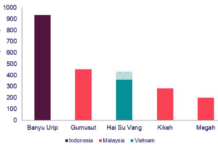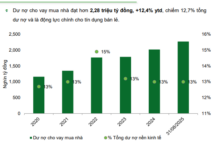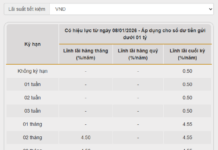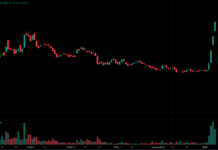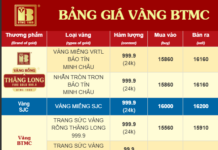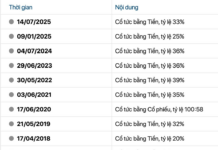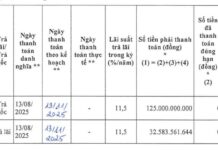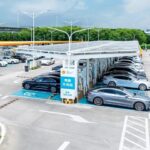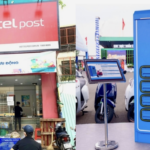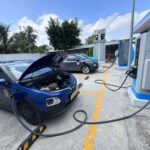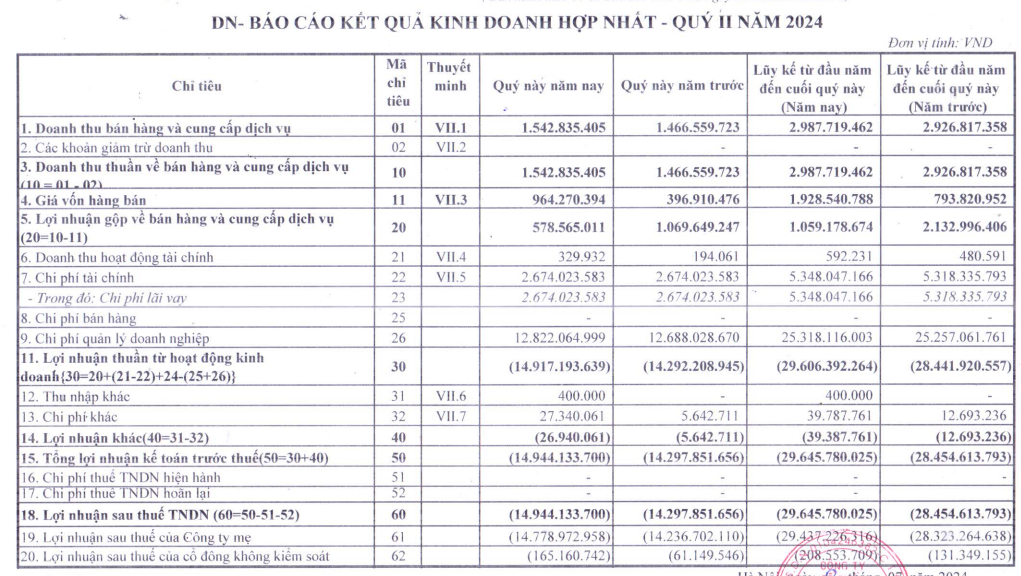
Illustrative image
On November 3, the Department of Industry issued a response to Document No. 2676/ĐCK-CCD dated October 28, 2025, from the Department of Innovation, Green Transition, and Industrial Promotion regarding the handling of proposals for the development of an open electric vehicle charging station system to prevent monopolies.
In Document No. 121/2025/CV-VAMOBA dated October 8, 2025, submitted to the Prime Minister, the Vietnam Association of Motorcycle Manufacturers (VAMOBA) highlighted the current situation where several major companies have invested in nationwide charging networks. This raises concerns about the formation of “closed” infrastructure tied to specific brands. VAMOBA proposed that the government establish a unified charging standard, an open access mechanism, a non-monopoly principle, and a transparent management framework.
The Department of Industry’s general stance is that developing an open, interconnected, and non-monopolistic charging system is essential and appropriate. It also emphasizes the need for solutions to ensure fair competition, transparency, consumer protection, harmonious grid operations, and market opportunities for domestic industrial products and services.
Specifically, the Department of Industry supports the “open – interconnected – fair competition” approach for charging infrastructure. This approach helps delineate market segments, safeguard consumer rights, and establish a foundation for the development of domestic charging equipment manufacturing.
Additionally, it aims to mitigate the risk of infrastructure monopolies. “Closed” charging networks tied to specific brands can create entry barriers, leading to potential “vertical monopolies” where vehicle manufacturers also control charging infrastructure. This could undermine opportunities for small and medium-sized enterprises.
Ensuring the safety, quality, and efficient operation of the power system is a critical requirement. This includes harmonizing technical standards, electrical safety conditions, fire prevention measures, electricity pricing mechanisms, and charging service rates.
The Department of Industry recommends the following implementation steps:
Standards, regulations, and interoperability: Collaborate with the Ministry of Science and Technology to develop or supplement TCVN/QCVN systems for grid connections, charging modes, electrical safety, electromagnetic compatibility, metering, and charging station control protocols. Establish a transition roadmap for existing networks to upgrade without disrupting services.
Non-discriminatory infrastructure access principles: Mandate that third parties be allowed access to public charging points under open, transparent, and non-discriminatory commercial terms, regardless of vehicle brand or payment method. Recommend separating the functions of “vehicle manufacturers/importers” and “charging network operators.” For companies within the same group, enforce fair and non-discriminatory treatment obligations.
Data transparency and consumer protection: Require operators to disclose station locations, capacities, operational status, pricing, operating hours, and availability through open APIs for integration into national maps. Ensure personal data security and privacy in accordance with regulations.
Major General Leads Raid, Dismantles Massive Counterfeit Fertilizer Ring, Seizes Over 16,000 kg of Unlicensed Chemicals
Thai authorities raided a marketplace, arresting six suspects and seizing a substantial quantity of counterfeit fertilizer.
V-Green by Billionaire Pham Nhat Vuong Proposes Eliminating Peak-Hour Electricity Pricing for Charging Stations
V-Green advocates for the elimination of peak-hour pricing for electric vehicle charging, aiming to incentivize businesses and individuals to invest in charging infrastructure.




